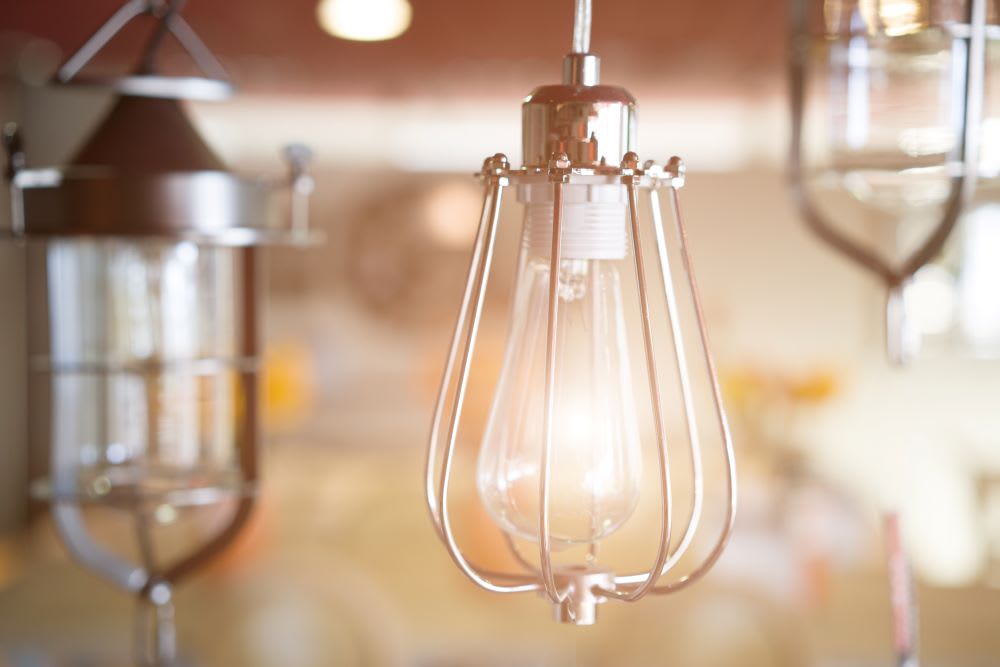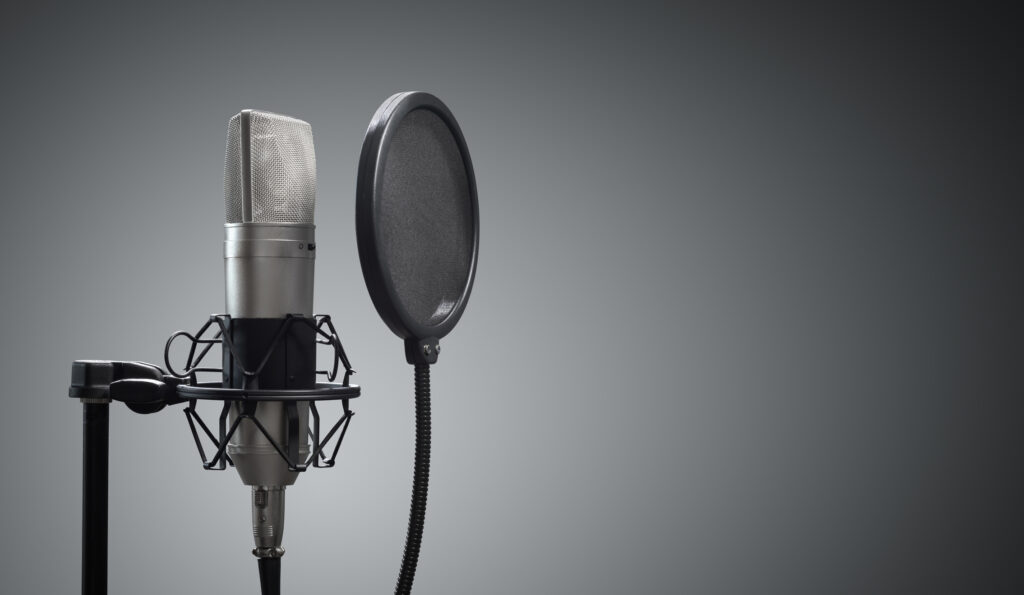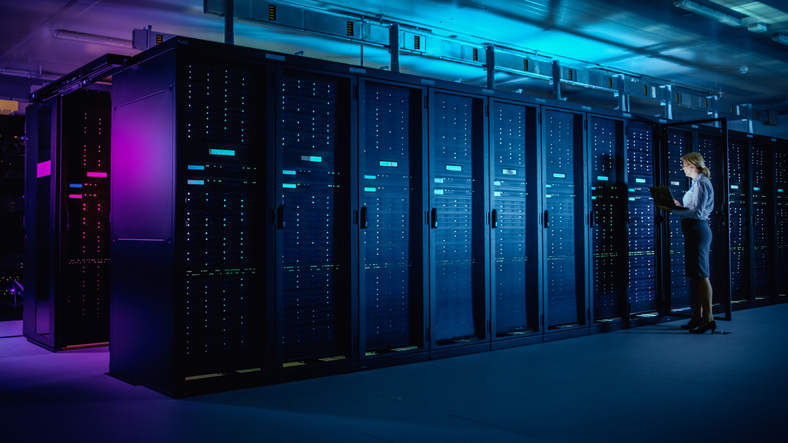Brookfield predicts minimal tariff impact on digital infra
Brookfield anticipates the Trump administration’s incoming chips tariffs will amount to only a small drag on the global buildout of digital infrastructure, a senior official told Infralogic.
“Over time, there may be some marginal impact to the cost of construction, which we expect to be able to progressively pass onto customers,” said Udhay Mathialagan, infrastructure managing partner and CEO of Brookfield’s Global Data Center Group.
“In terms of new buildout, we hedge ourselves against cost increases by working in lockstep with our customers.”
Brookfield has around 1.5 GW of under-construction data centre capacity globally, which is already “significantly committed” with supplier frameworks signed, he added.
Rising input costs for data centre users can be offset by efficiency gains and falling software and land costs, said Mathialagan. “It’s a dynamic cost model.”
Digital has become an “increasingly important” part of the firm’s infrastructure strategy. While some markets might see a slowdown in demand for periods of time, Brookfield is building across multiple domestic economies with a long-term view, he said.
When it comes to AI development, every country will want to have a “sovereign interest”. This is why having a regional platform with deep local expertise and differentiated value propositions is beneficial, he said.
He retains a positive outlook for the US, which imports much of its equipment for data centres from overseas and is expected to be hard-hit by tariffs. Given the scale of its technology ecosystem and innovations in hardware and software, the US remains an “exceptionally attractive” market for data centre investment, he said.
The Canadian asset manager has an over 1.6 GW operational data centre portfolio globally, over half of which is in the US. “We aren’t investing for just the next 12 months; we are investing for the next 12 years and beyond,” he said.
US President Donald Trump has said dedicated tariffs for the chip industry will be announced later, after excluding semiconductors from his reciprocal tariffs on China. Semiconductors and the electronics supply chain have undergone national security tariff investigations as Trump looks to reset trade and shift manufacturing to the US.
Japan opportunities
In addition to around 3 GW in secured capacity globally, Brookfield has close to a 1.5 GW pipeline, according to Mathialagan.
In the Asia-Pacific (APAC), Brookfield is exploring organic and inorganic opportunities in Japan, he said. “We’re open to expanding through our existing platforms or local partnerships, should the right opportunity arise”.
Elsewhere in APAC, it currently operates DCI Data Centers, which has a more than 130 MW capacity across 10 facilities in five cities. Its operational assets include Sydney, Adelaide and Auckland, as well as a South Korean development project for which it is in financing talks.
Brookfield also operates an Indian joint venture, Digital Connexion, with Reliance Industries and Digital Realty. Digital Connexion is planning to build a 100 MW campus in Chennai and a 40 MW facility in Mumbai.
DCI and Digital Connexion are expected to grow into several hundred megawatt portfolios, requiring several USD billions worth of deployment, said Mathialagan.
“Our markets in APAC are considered close allies of the US under the new chips controls, so we don’t expect our customers to be hugely impacted,” he said, referring to the Biden administration’s AI chip export rules.
Brookfield does not have direct exposure to the technology or chips used in its facilities, he said. “Although we need to be conscious of chip regulations, we’re in the business of owning and operating data centres.”
Brookfield has 145 data centres globally across 17 countries and six operating portfolio companies. Hyperscalers represent about 85% of the portfolio. Hyperscalers refers to large tech companies like Microsoft, Google or Facebook.
Besides DCI and Digital Connexion, Brookfield operates Compass Datacenters and Centersquare in the US, Latin America-focused Ascenty, and France’s Data4.










